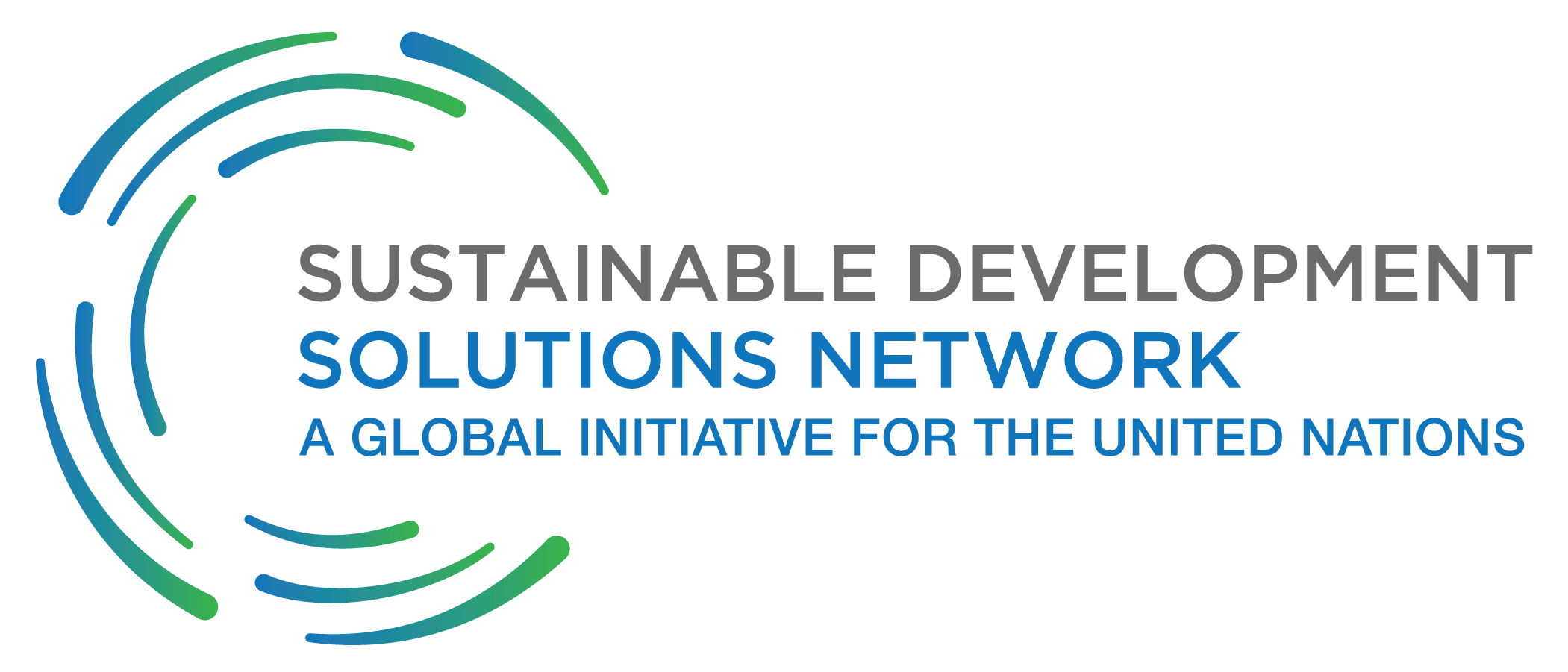Agriculture and Livestock
Adopting sustainable farming practices for olives and livestock sector
CHOICE pilot activities in Spain


Motivation
Recent statistics reveal a significant increase in Spain's food-related carbon footprint, both in total and per capita terms, from 1960 to 2010. The total carbon footprint from food production to waste management has risen by a factor of 3.9. In per capita terms, this increase is 2.5 times, escalating from 1.5 to 3.6 tons of CO2 per person annually.
Olives are a crucial crop, yielding over 1.5 million tons of olive oil annually, accounting for 79% of Spain's total production and 40% of global output. Nevertheless, the intensification of olive cultivation brings adverse environmental impacts, including soil erosion and contamination, water resource overexploitation, and biodiversity loss due to monoculture practices.
At the same time, Livestock production in Spain is a major source of greenhouse gas emissions, contributing 1.6 tons of CO2 equivalent per capita annually, in contrast to the 0.4 tons emitted by plant-based food production. To transition to more sustainable practices, it's essential to maintain transparency and accurately account for emissions from livestock, including carbon sequestration in grazing systems and emissions from imported livestock products.
Policymakers and scientists are actively working towards strengthening the food system's resilience against climate-related impacts. Through well-crafted policies such as the Common Agricultural Policy, the Paris Agreement (2016), the European Green Pact (2020), and the Methane Production limitations set forth in COP25 (2021), they aim to guide farmers towards more sustainable practices.
Pilot Scope and Activities
Pilot activities in Spain are related to the adoption of these “green farming” practices. Under the coordination of the CAAND association, comprising over 291,000 farmers and livestock producers and 659 agriculture cooperatives, the pilot will involve a large group of olive and livestock farmers. Leveraging this collaborative partnership and the use of the CHOICE IAM modelling framework, improved scenarios that will incorporate the impacts of specific ‘green’ farming practices will be integrated through the FABLE Calculator tool, and also -through the developed soft-links with GLOBIOM- benefitting from related improvements in terms of actor heterogeneity. This will provide a quantified representation of the impacts of the adoption of sustainable farming and livestock practices, analysing, for instance, rotational grazing, regenerative agriculture, bio-fertilisers, use of manure as fertilizer, change feeding modes in ruminants so that decomposition could reduce methane emission. CHOICE behavioural models will capitalise on information from profiling of the farmers (considering, for instance, age, education level, gender, and financial circumstances) and feed this information to the IAMs. Moreover, through digital engagement campaigns involving local farmers and associated capacity-building activities (focus groups, webinars, hands-on sessions), data stories and interventions attempting to mainstream – in non-scientific language – the results of IAMs analysis will further seek to explore and quantify adoption levels and associate them with factors, such as resistance to change, socio-economic profiles etc. The demonstrations and trials will comprise more than 291,000 farmers and 659 agriculture cooperatives, divided into clusters based on their socioeconomic profile and location, aiming to demonstrate the critical importance of atomic choices in production as a part of the wider regional and global community. Furthermore, to reduce the carbon footprint, the pilot campaigns will target generating tangible influence in the livestock production sector, especially beef, pigs, goats and sheep. |
Enablers
The following CHOCE enablers will be used to achieve the pilot scope:
- CHOICE IAM models (FABLE, Globiom) through interactive interfaces.
- Behavioural models.
- Data storytelling visuals and narratives.
- Randomised Control Trials framework.
Expected Measurable Outcomes
- Increase the number of farmers that will opt for pro-environmental behaviour using the suggested green farming practices, such as rotational grazing, regenerative agriculture, bio-fertilizers, and effective water management.
- Engage a network of more than 200 local actors with different scenarios of sustainable farming practices, interacting with FABLE calculator interfaces and the GLOBIOM spatially explicit tool for biodiversity and health indices; Measure indicators from their experience regarding usability, trust, and relevance.
Partners Involved
Pilot leader:
![]()
Partners:
![]()
![]()
![]()




